 The right accessories can change your life – just ask Brianna Raich, a West Palm Beach native whose encounter with artisanal-made purses in Indonesia set her on a course that would alter her career path forever. Raich, who splits her time between Sumatra and Florida, is the founder of Banda Bags, a purse company that lifts Indonesian women out of poverty by paying them fair wages to create distinctively beautiful, hand-embroidered bags.
The right accessories can change your life – just ask Brianna Raich, a West Palm Beach native whose encounter with artisanal-made purses in Indonesia set her on a course that would alter her career path forever. Raich, who splits her time between Sumatra and Florida, is the founder of Banda Bags, a purse company that lifts Indonesian women out of poverty by paying them fair wages to create distinctively beautiful, hand-embroidered bags.
Below, we had the chance to chat with this leading lady about her company and how it’s helping make a difference.
PBI.com: What’s the significance of the company name – what does “banda” mean?
Raich: There are two reasons how Banda got its name. The first and simplest explanation is that it comes from a province in Sumatra, Indonesia called Banda Aceh. Also, being the dreamer that I am, I felt banda, which also means “band” or “group,” could have the potential in the future to expand globally and feature a band of artisans and their work. This is something I’m currently trying to manifest!
Why did you choose artisans from that particular area of Indonesia?
I actually never chose. Perhaps it was fate! I was on a trip to Sumatra a few years ago filming a docu-series about natural medicines – something Sumatra is filled with – and I stumbled upon these amazing, artisanal-made bags in one of the bigger cities. After some time, I was able to track down where they came from and I found out that the majority of the artisans who made the bags are tsunami survivors who have been through unimaginable distress. I felt compelled to help them and bought a lot of the bags. Over time, I found myself visiting Sumatra more and I continued helping the artisans out while getting more involved in the design and production. Eventually it evolved into a business.
When did you start this company?
I officially made Banda Bags a company in October of 2014, but it was more of a side job for me at that time as I still working on the docu-series. It wasn’t until April of 2015 that I put the show on the back burner and moved from Los Angeles to Sumatra to turn Banda Bags into a full-time business…a very full-time business!
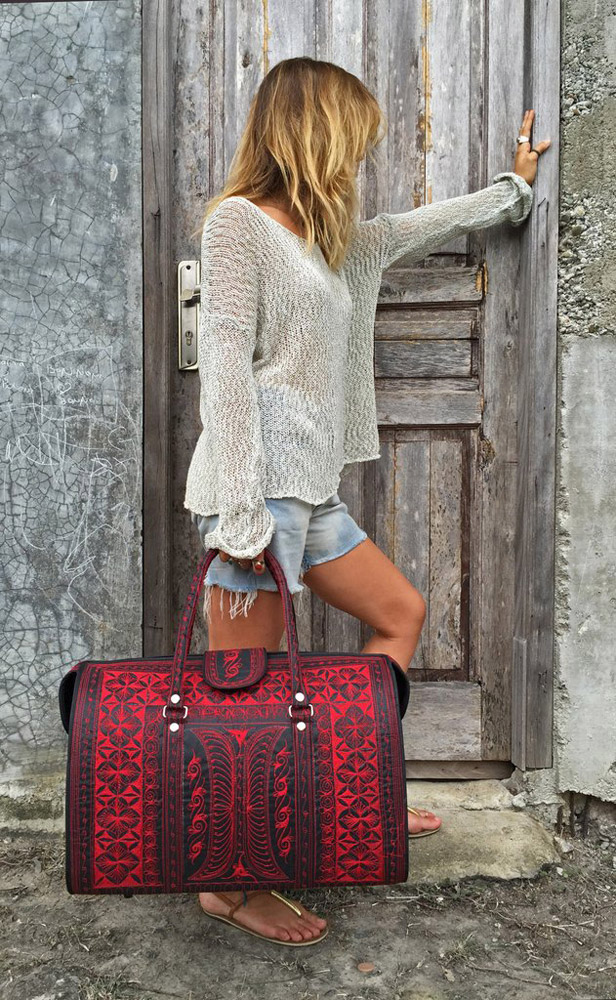
What were your main goals when you began Banda Bags?
I feel that I have been born with a lot of blessings in my life and with that comes a responsibility to help others. In a place like Indonesia, a developing country with a very conservative Muslim population, I will politely say that women here do not hold the same privileges as men. As the majority of the artisans are women, I knew that Banda Bags could help to support them. We provide higher wages, benefits and let them continue working from their home. We make it a point to continuing hiring women to help run the company. Women empowerment has and will continue to be a top priority for Banda Bags. Our dream is that Banda Bags will not only continue to empower women here in Indonesia, but also women around the world!
How do you find your artisans?
In this part of the world, everybody lives and works from their homes, so I have literally been on a bechak with a friend driving through the remote villages looking to see who has little sewing machine shops out front. You can imagine the bewilderment on their faces when they see a blonde-haired, blue-eyed American girl coming up to their doorstep! Fortunately, after some introductions and getting to know each other, most artisans are very excited and receptive to the opportunity, and they are also very proud to share their culture with the world – a unique mix of Indonesian, Dutch and Arabic.
Can you tell us a story about one of the artisans that create these bags?
One of my artisans, Marlina, is absolutely adorable. I just love her. She makes all the clutches and has been working for Banda Bags the past year. Before that, she was a seamstress and occasionally made clutches and purses for others, but she was underpaid. Since she started with Banda Bags, and due to the increased demand, she was able to bring her husband out of a labor job and on board to help with assembly. The two have been able to provide more for their family than they could have thought possible. What’s more, Marlina is fulfilling her dream of being able to send her child to the local private school that provides the best education in the village, something she never imagined could be possible.
What are a few of your bestselling items?
Our Gusi Weekender, which is a pretty pink and means “bubble gum” in Indonesian is definitely the best-selling. I have yet to retire this bag after all this time because it is always in demand. The Aman Mini Weekender, which means “peace,” is also hard to keep in stock. My personal favorite, the Naga Weekender, which means “dragon,” definitely gets a lot of attention and 5 star reviews. It is a hot bag and no doubt turns heads!
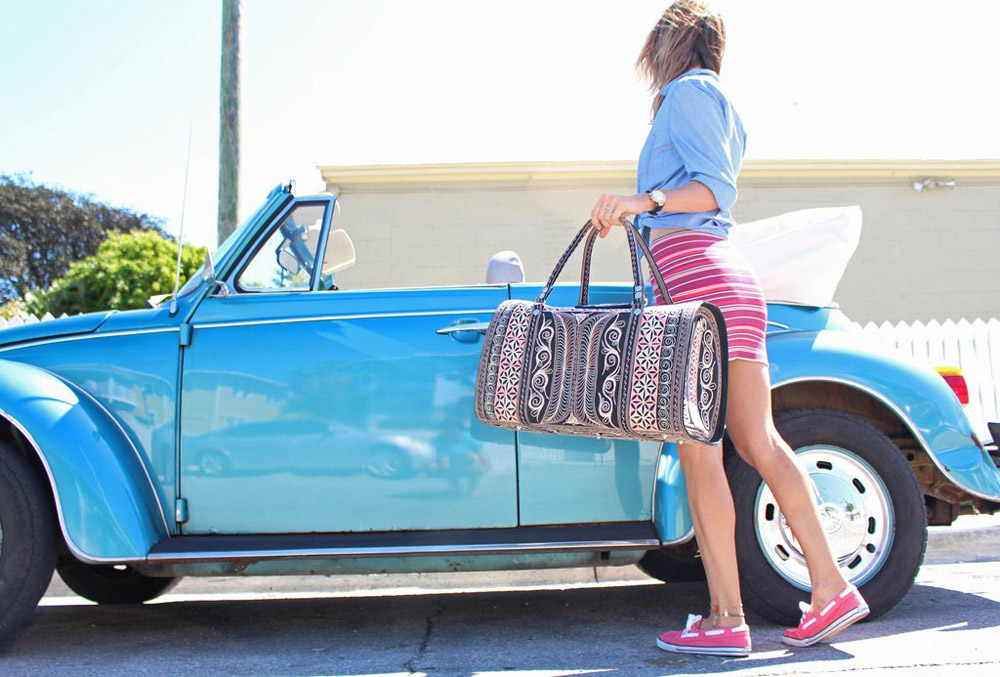





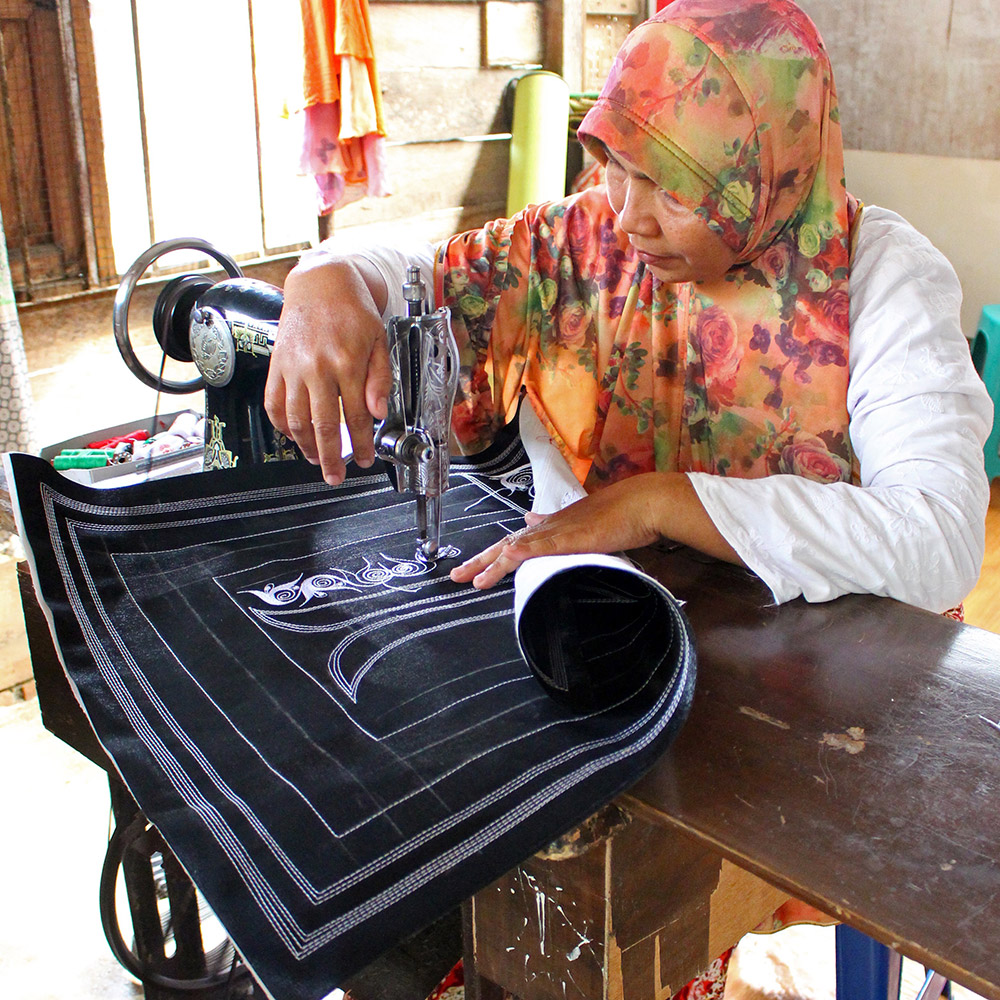

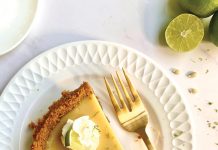


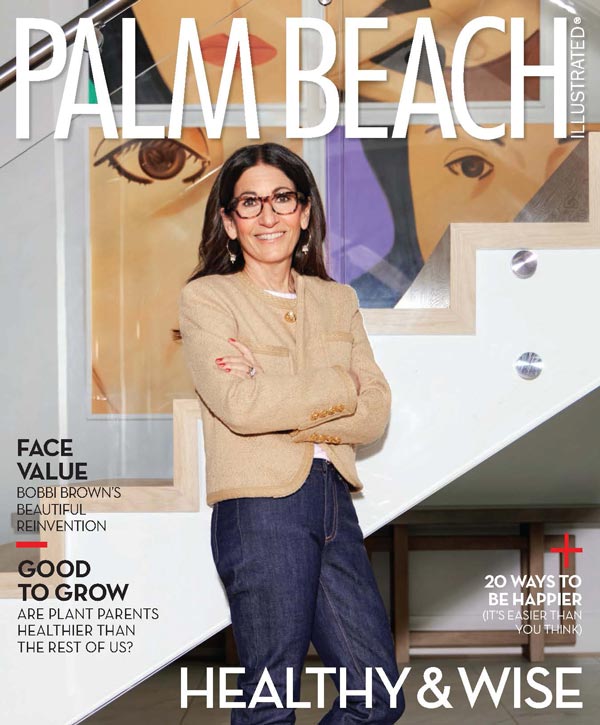

Facebook Comments